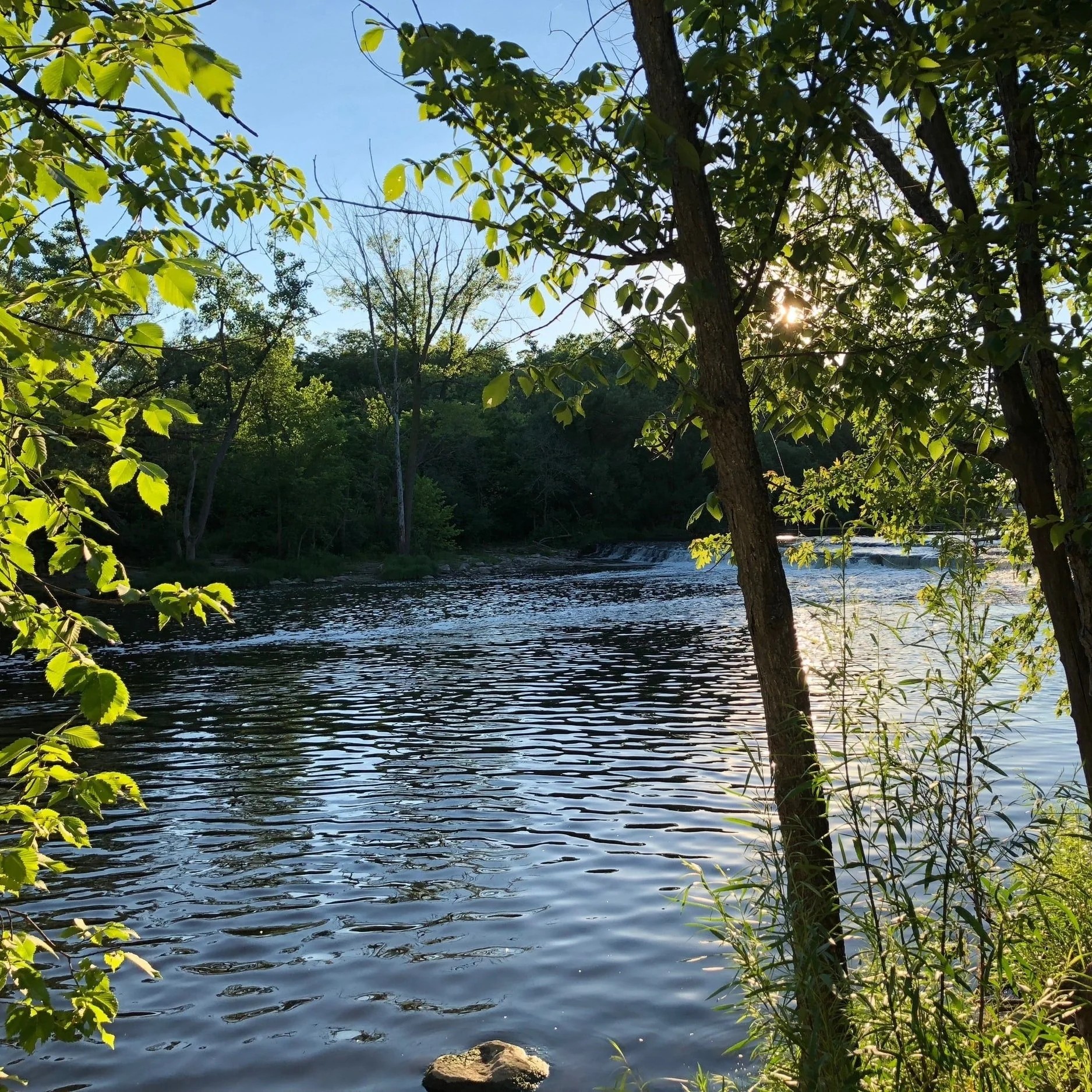Advice yes or no?
Being a Mental Health and Wellbeing Consultant means that I spend a large part of my working day researching different views and theories about the subject. I like to understand others’ views and allow that to flow into my thoughts and take some time to consider how I feel about things.
Those that know me know I am a huge Fearne Cotton fan, I feel like I can relate to her in so many ways. Like how she struggles with anxiety, the period of motherhood that she is in mirrors mine, we are about the same age and generally I am interested in what she has to say about mental health.
Whilst out walking my dog yesterday afternoon I was listening to her Happy Place podcast where she was interviewing Ann-Marie (musician). It was a really open and honest interview which I was totally lost in. Whilst listening I noticed the language that they were using which sparked my thoughts for this blog.
Whilst on various instructor trainings for Suicide First Aid and Mental Health First Aid we spent a lot of time considering language. When you think about it, it is so powerful, we feel through language. It can be part of the solution in breaking down so many barriers regarding stigma if we consider the language we use when describing mental health or mental health illness.
A word that I heard a lot through the interview was ‘advice’ It was used many times when they discussed exploring their own mental health and some of the challenges they had faced. They used it to talk about the ‘generic advice’ that is given about sleeping well, exercise, self-care etc.
It struck me that these ‘general advice campaigns’ that are very well intentioned can actually have a negative impact. For some people doing some of those things can feel overwhelmingly hard, it can add to the heavy or difficult emotions they are already feeling. It can highlight the feeling of failing because they find it too hard to engage in some of those activities.
For me advice is something I massively avoid doing, my views on it have always been that advice can be too directive and advice that might work for someone may have the opposite affect on someone else. So, I have spent my time since working in mental health working on my listening skills so that I can support people to explore what could work for them, through showing them options to consider and using a range of response techniques to help them identify their own path to coping or dealing with their emotions. It now comes so naturally to me that even when someone asks about any subject not just mental health, I present my answer in a very exploratory way, being very careful not to advise but just to offer my perspective and acknowledge that there are others they may want to consider.
I think the conclusion that I draw from yesterdays podcast and my subsequent thoughts are that all tools, coping strategies etc should be promoted as options to explore, they are all fantastic things to do for ourselves but it needs to be tailored. We should be really clear that finding what works for you is the most effective way to manage your mental health whether it be a general day to day management, which we all need to do by the way. Or whether it be strategies to dealing with a mental health illness, it has to work for us and that can be different for different people.
So I encourage you to explore, think about things you already enjoy doing and how can they be used to boost your mood. There is no pressure to do things in a specific way, I think one of the best things in life is the variety in our world. We have such beauty and diversity taking time to consider that and taking the bits that resonate or mean something positive to you is the most effective help seeking behaviour that can make all the difference.
Thanks for listening
Claire Bennett
Mental Health & Wellbeing Consultant


